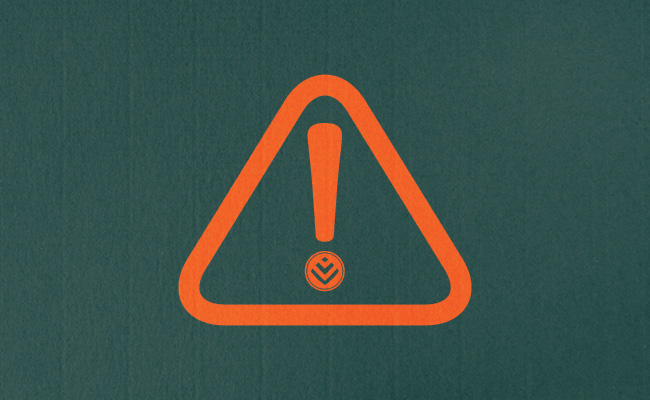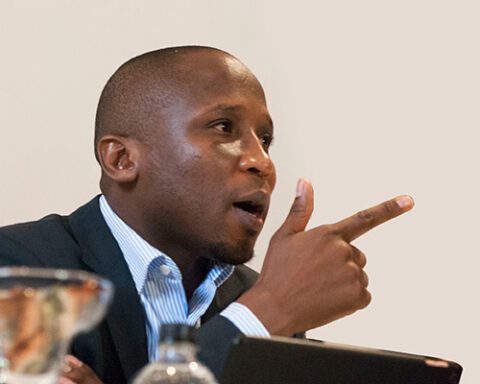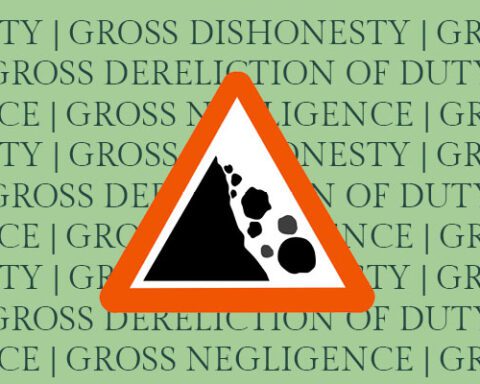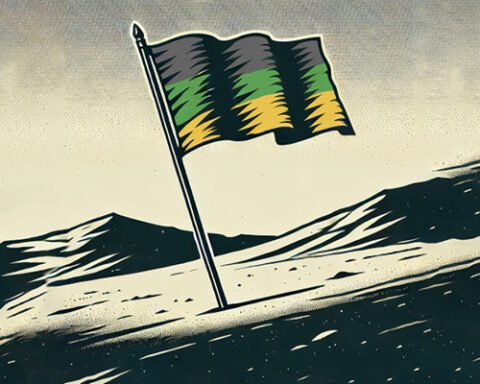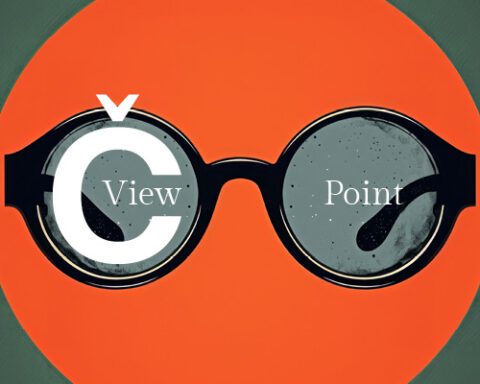The Road Accident Fund (RAF) scored a massive legal victory this week in a long battle against Discovery Health, with the North Gauteng High Court finding that the fund acted legally by refusing to compensate accident victims who are covered by medical aid.
Two of the three judges examining the case – Discovery Health vs the RAF – effectively agreed with the fund’s contention that requiring it to indirectly reimburse medical schemes would disproportionately benefit individuals with private medical aid at the expense of the general public, who depend on the RAF as a safety net.
Judge president Dunstan Mlambo and judge Noluntu Bam found that doing so would undermine the RAF’s ability to fulfill its broader social security mandate, particularly for indigent claimants.
“Given the myriad of social challenges facing this developing country, is there justification based on policy considerations, fairness and reasonableness, for the government to concern itself with protecting the interests of medical schemes?” the judgment asked, effectively answering in the affirmative.
It also asked: “Given the undisputed independent financial viability of the medical scheme outside of any possible recovery from the RAF, should the financially ailing RAF be concerned with funding the medical contributions paid by the small fraction of privileged citizens who have access to private health care as opposed to funding the competing needs of claimants who are victims of motor accidents, the majority of whom are indigent?”
It goes on: “The RAF is not an insurer. Unlike insurers, it does not underwrite risk and does not charge a premium reflecting the extent of risk it has assumed. Bar the limited instances isolated in law, it does not/cannot exclude any person from cover.”
The court found that the rules published by the Discovery Medical Scheme “are only for its members and the scheme and not third parties like the RAF”, arguing that the rule dealing with recovering from the RAF what the scheme has paid in discharge of its contractual and statutory obligations “is a rule of Discovery Medical Scheme’s own making. It cannot bind third parties.”
But in a dissenting opinion, judge Ingrid Opperman agreed with a previous decision that that the benefits received by a claimant from a private insurance policy should not be considered for the purposes of determining the quantum of a claimant’s damages against the RAF.
“This is because a benefit that accrues or is received from a private insurance policy originates from a contract between the insured claimant and the insurer for the explicit benefit of the claimant. The receipt of such a benefit by the claimant does not exonerate the RAF from the liability to discharge its obligation in terms of the RAF Act,” she found.
Déjà vu
The court’s decision is bound to be controversial because a different court, in a case also between Discovery and the RAF, found the precise opposite in 2022. What’s more, an appeal against that finding was refused, and the Constitutional Court declined to override the refusal. However, the current case was distinguished from the previous one because the grounds on which the application was brought were different, and included policy considerations and fairness.
The RAF has of course welcomed the judgment.
“As per its obligation, Discovery Health paid for medical costs of its members involved in car accidents. But in a strange twist, the medical scheme would then pass on these payments to the fund by asking its members to claim from the RAF and pay these monies back to Discovery. This practice was stopped in its tracks by the current management, and Discovery responded by running to the courts to reinstate its gravy train,” the RAF said in a statement.
According to the RAF, the cost to the fund of compensating road accident victims to Discovery alone was more than R500m a year.
Unsurprisingly, Discovery Health CEO Ron Whelan said the company agreed with Opperman’s dissenting judgment and would apply for leave to appeal. He said the RAF’s decision to not pay claims is discriminatory against all medical scheme members who are road users and who pay the same fuel levies towards the RAF as all other road users.
“Discovery Health’s legal action has sought to ensure that all valid claims of all medical scheme members in South Africa injured in road traffic accidents are paid in accordance with the Road Accident Fund Act,” the company said.
As Currency has reported before, the RAF’s finances are in a state of chaos; the organisation is technically bankrupt, and the number of settled claims has shrunk even as outstanding claims have exploded.
According to the RAF’s 2024 annual report, the fund is in a financially perilous position, with liabilities exceeding assets by R25.4bn, a situation the fund describes as “unsustainable”.
Sign up to Currency’s weekly newsletters to receive your own bulletin of weekday news and weekend treats. Register here.
